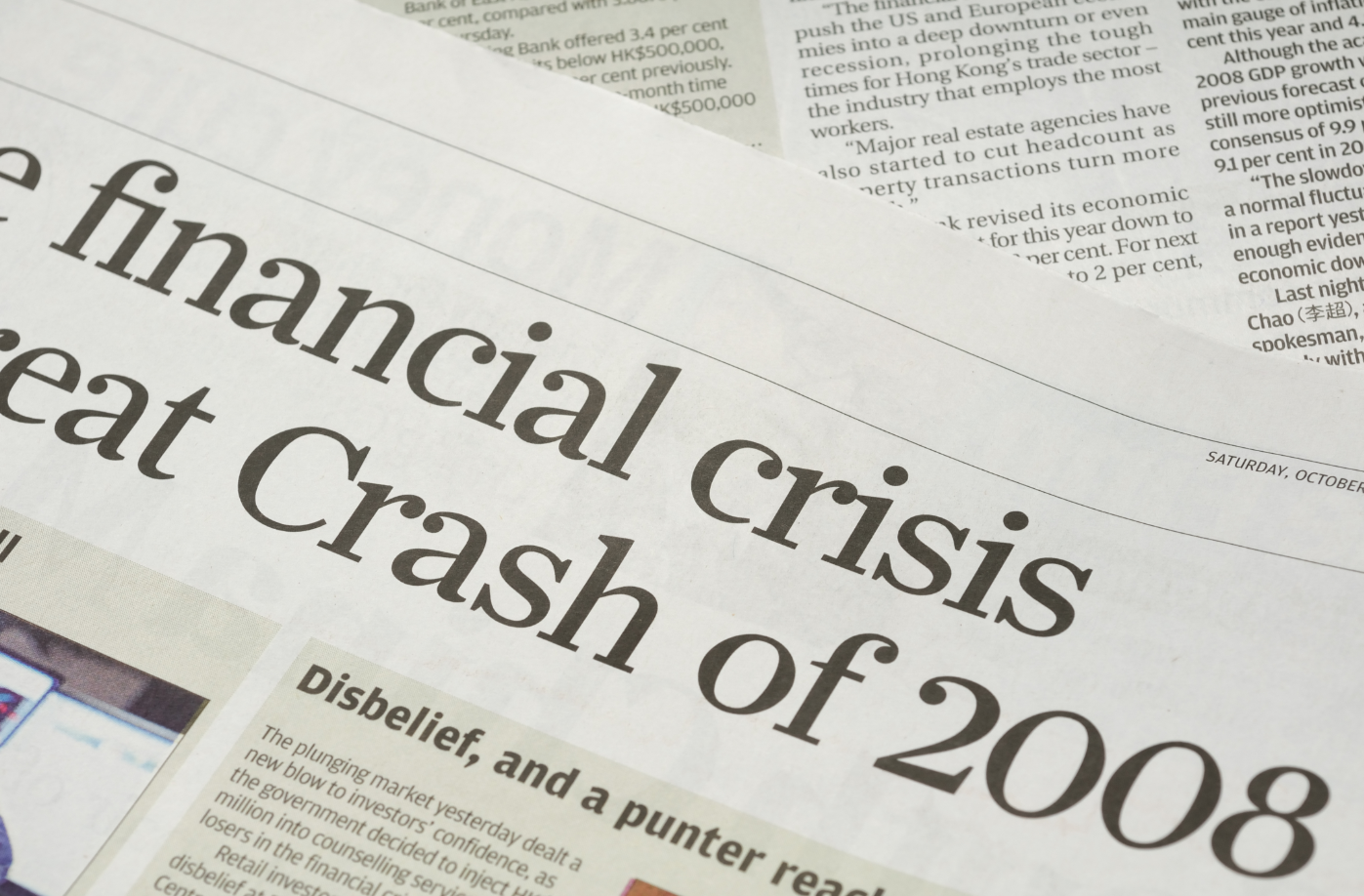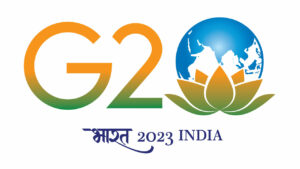Gaps in the halal industry in the Philippines: Call for legislating Philippine Halal Authority

ARE YOU a consumer or producer of halal food products? While Muslims are known to be the most concerned about consuming halal products, it is a fact that there is global socio-economic interest and competition for multi-billion halal food production worldwide — even in ASEAN countries where there are minority Muslims like in Thailand and Singapore.
The Philippine government eyes attracting investments and bolstering the halal food industry both for domestic and export-oriented trade, yet there are serious gaps that need legislative action. In a nutshell, the solution is the crafting of a new law that shall establish a halal agency that will exclusively be mandated with the regulation and promotion of halal food production in the country.
I am writing about the topic as part of Alliance for Halal Integrity in the Philippines (AHIP), which is a Halal Certifying Body (HCB) in the country. AHIP had joined the hearing held by the Senate Committee on Cultural Communities and Muslim Affairs, chaired by Senator Robinhood Padilla, on Sept. 11, that tackled the situation of the halal food industry, particularly concerns of the Muslim community’s halal dietary guidelines. I break down here key ideas that I raised during the committee hearing and conveyed to Sen. Padilla and Sen. Sherwin Gatchalian.
1.) What is halal? The life of a Muslim revolves around the concepts of halal (lawful, permissible) and haram (forbidden, unlawful). To live in halal and avoid everything that is haram is the aspiration of every Muslim who seeks the pleasure of Allah. The laws are quite comprehensive because they apply not only to eating and drinking, but also to earning one’s living, dress code, and dealing with others. Thus, halal is a broad matter for discussion. But, halal food occupies the widest discussion in the halal ecosystem.
2.) What is the present landscape of the halal industry in the Philippines? Relevant laws that evolved over time include Executive Order No. 46 series of 2001; Memorandum Order No. 201 in 2005; R.A. No. 9997 in 2010 that created the National Commission on Muslim Filipinos (NCMF); and R.A. No. 10817 in 2016 which also known as Philippine Halal Export Development and Promotion Program Act of 2016.
3.) What is the problem in the regulation of the halal industry in the Philippines? The two laws, R.A. No. 9997 and R.A. No.10817, are both mandated to accredit halal-certifying bodies (HCBs), the former for the local or Muslim Filipino consumers of halal, while the latter for halal-certified products for export. In this sense, both NCMF and the Department of Trade and Industry (DTI) are Halal Accreditation Bodies (HABs). This is where confusion arises.
4.) How should HABs function? HABs should have competent Muslim personnel equipped with the education, training, technical knowledge, skills, and experience in view of Islam’s halal requirements and compliance. This is because they assess the competence of HCBs to audit halal compliance of companies or food producers applying for a “halal” seal in their packaging.
5.) What is the significance of a product being halal certified? Halal certification is “the action or process of providing a product, process, services, and system with an official document attesting as being Halal. Before a product is marked with halal, there should be an independent, reliable, and morally sound audit/inspection by organized and registered non-profit Muslim Filipino People’s Organization (MFPOs) and non-government organization (MFNGOs) membered by Muslim scholars and professional called Halal Certifying Bodies or HCBs in complete conformity with the requirements of Halal. Inevitably, it means conforming to requirements as decreed by Allah in the Holy Qur’an and elucidated and explained crystal clear by the revered Ahadith of the Holy Prophet Muhammad (peace be upon him) as a major source of Shari’ah law and moral guidance.”
Halal certification — the stamp of the halal logo on a product, service, or system of production — simply means that such is in conformity and is aligned with all the characteristics of halal. The overall aim of certification is to foster public trust in halal products and services through an effective system of halal integrity.
6.) What is essentially the problem in Philippine halal industry? There is no regulatory body in the Philippines specifically in charge of halal. Thus, the halal industry in the Philippines may be seen as a very loose industry with many disconnects. The effects of such disconnects are damaging to the safeguarding of the “halalness” of the various products and services that are halal certified.
To seek accreditation from the NCMF and/or the Philippine Halal Board, chaired by the Secretary of DTI, is voluntary from the side of an HCB because there is no regulation or sanction regarding being with or without accreditation. Halal certifiers are positioned to operate according to their own set rules and guidelines.
There is no unified halal standard. A company that applies for halal certification of its products may be rejected by an HCB due to non-compliance with its set standard. However, another HCB may agree to certify the same product as halal, also based on their standards. No overarching standard is adhered to by the HCBs; “to each, his own” is the way. An HCB can certify and stamp its logo on a product or service following its procedure and formulated policies regardless of what school of thought in Islam they adhere to. Worse, when they deviate from all schools of thought. The absence of regulations gives HCBs a wide latitude of freedom in certification without fear of regulation or sanction.
There is no uniformity in the auditing or inspection process, be it from start to finish and in-between the processors/producers’ entire operations.
The consumers, the Muslims, are confused. Our random studies conducted on the matter indicate that some Muslims claim they do not know whether to trust HCBs’ halal certifications or not. However, they are left with no choice but to “trust” the halal logo stamped on a product. This attitude of not trusting is not healthy for the HCBs, especially those who care about credibility and integrity.
There is no problem for an HCB doing its own business of certification locally; but they are subjected to regulations when they venture to bring their halal-certified products overseas because they must comply with an import-receiving country’s regulations on halal-certified imports. For both the HCBs and the consumers, the situation may be labeled as convoluted or messy.
To cite a prominent and critical issue to halal certification, since no law mandates the hiring of a halal assurance officer, a company that produces halal-certified products cannot be forced to have one. It is their prerogative to hire or not to hire a halal assurance officer.
A company whose products have been certified halal may opt not to get halal recertification if the initial halal certification does not prove to increase income or profit to the business.
Regarding tourism, after several untoward experiences in which tourists unknowingly consumed products considered haram, foreign Muslims may never want to come again or at least will remove the Philippines as a future vacation destination.
In the absence of a unified standard for halal, HCBs are left on their own, adhering to their own accepted standard.
Aside from the abovementioned, there are problems regarding the lack of infrastructure exclusively for halal storage, slaughterhouses, and transportation which make halal products vulnerable to contamination. There are more issues as well in laboratory testing infrastructure.
7.) What is the way forward for the halal industry in the Philippines? On the part of AHIP, our proposal is that there must be new legislation to create a government agency which has primary jurisdiction as the regulatory body for halal. It shall be charged with the authority of accreditation that is presently mandated to both NCMF and DTI. In addition to accreditation, it shall be mandated with research, halal education and awareness/education, training for halal assurance officers, promotion and development, harmonization of standards and procedure, raw materials and ingredients, and attraction of investments in halal, among others. The proposed agency may be called by any indicative name such as the Philippine Halal Development Authority or simply, Philippine Halal Authority.
Addressing the gaps in the halal food industry in the Philippines shall be beneficial for all Filipinos in order make the country competitive in the global halal market; to attract more halal-conscious tourists to the country; to attract investments and employment in the halal industry; and to promote inclusive health development in our society.
Dr. Potre Dirampatan Diampuan came to the Global Council of the United Religions Initiative (URI) after having previously served as regional coordinator for Southeast Asia-Pacific (SEAPac) and as a senior interfaith representative for the Philippines. She has served in government in various capacities for over 40 years. She is an advocate, trainer, and lecturer on Understanding Halal and/or Halal Awareness both for Muslims and non-Muslims as part of championing inclusiveness. She works as CEO of a halal-certifying body called AHIP. Potre holds master’s degrees in Cultural Anthropology and School Administration and a Ph.D. in Educational Management.




